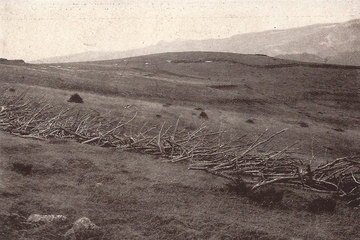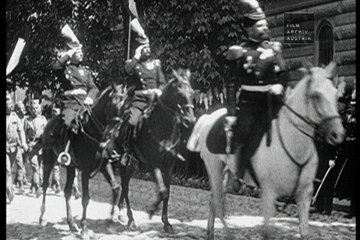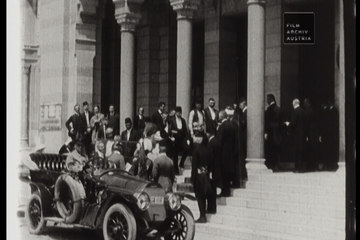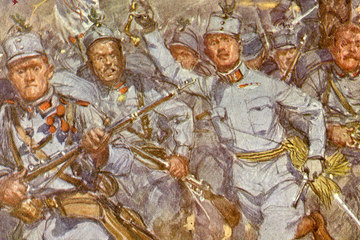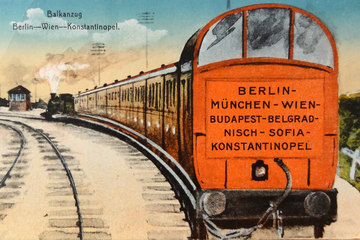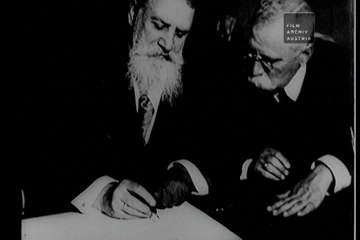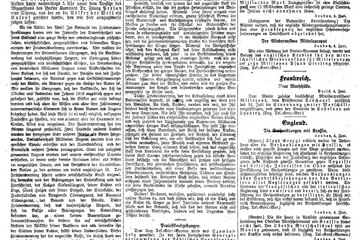The Balkan Front
After the defeats by Italy (at Solferino and Magenta in 1859) and by Prussia (at Königgrätz in 1866), thoughts of prestige in Viennese court and government circles were linked to efforts to try to expand the Danube Monarchy’s sphere of influence in the Balkans. Focusing on that particular goal, the Habsburg Empire was prepared to disregard the international consequences of this policy. In the end, a war with Serbia was inevitable, bringing with it the risk of conflagration.
However, the matter of prestige did not preoccupy policy-makers in Vienna alone. Expansion attempts and territorial claims determined, amongst other things, the actions of decision-makers in Athens, Bucharest, Sofia or Belgrade. For all those on the side of the victorious allied powers, the dream of the ‘greater homeland’ seemed to come true. Like in other regions, the political map of the Balkans was accordingly redrawn in 1918 without the permanent guarantee of stability. The ‘Great War’ left behind various ‘smaller’ areas of conflict, particularly in Southeast Europe.


